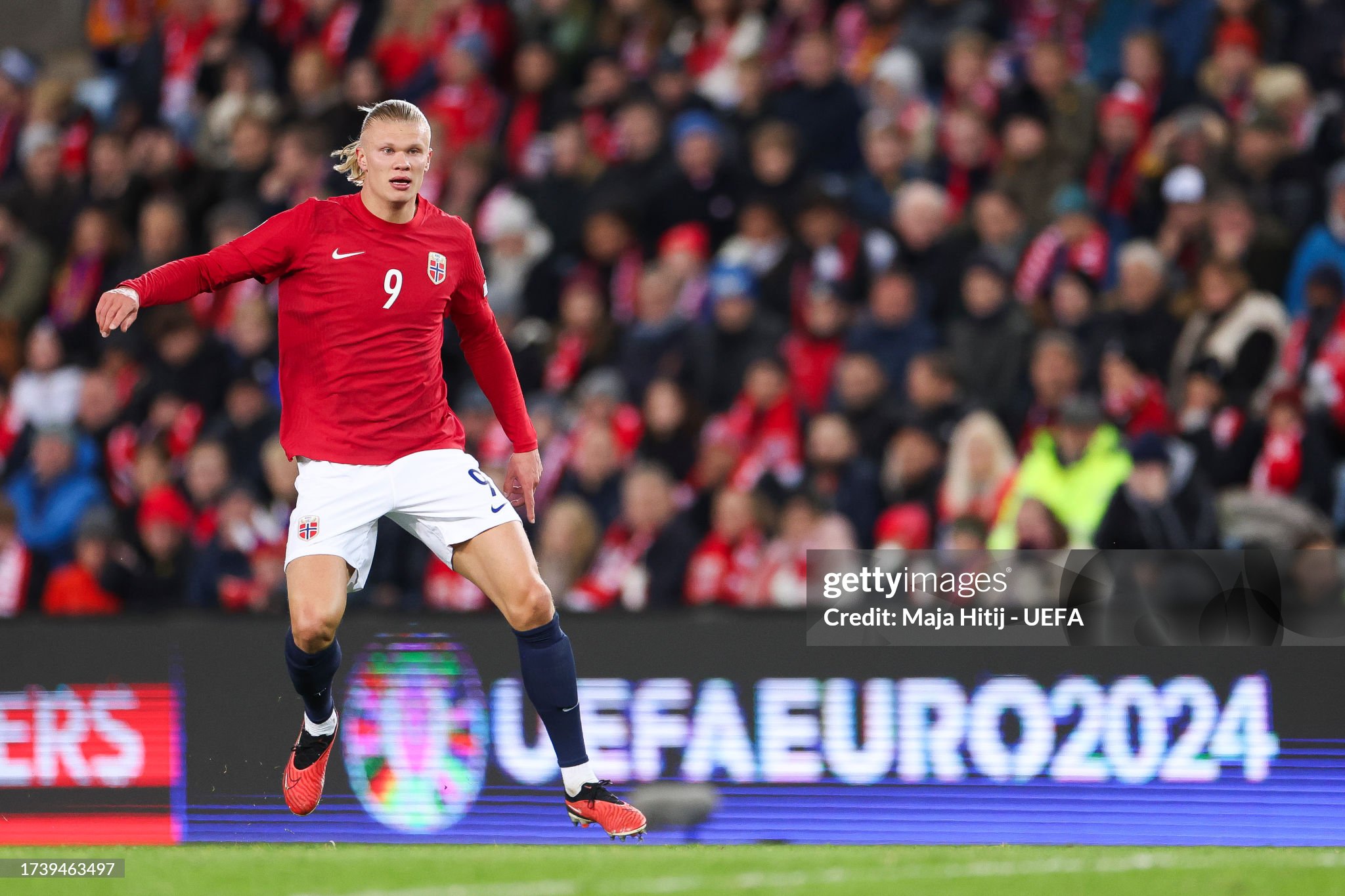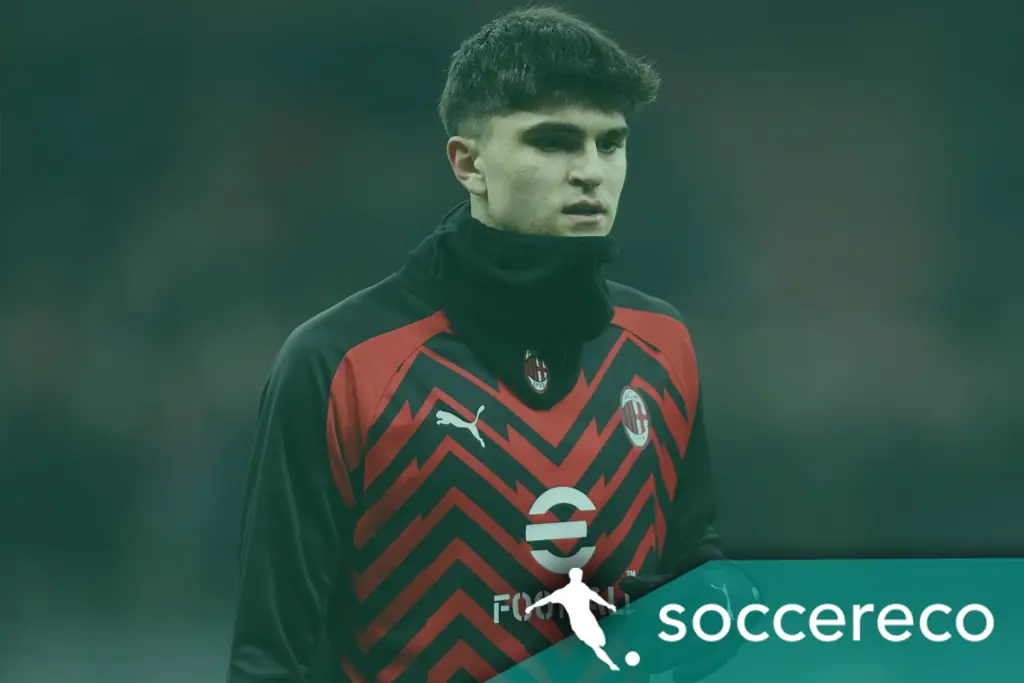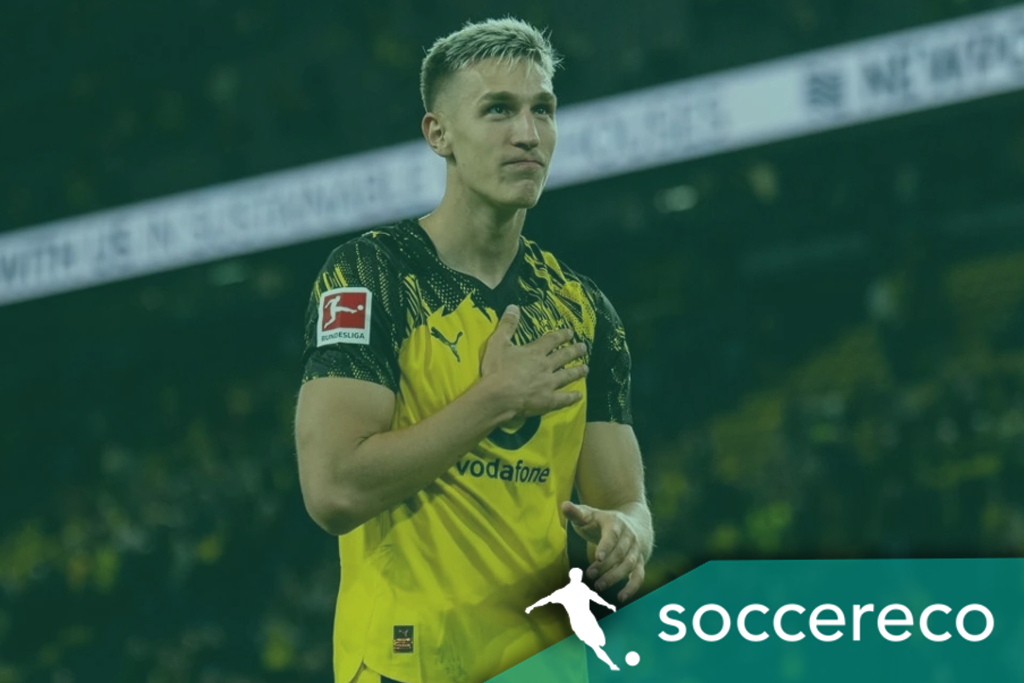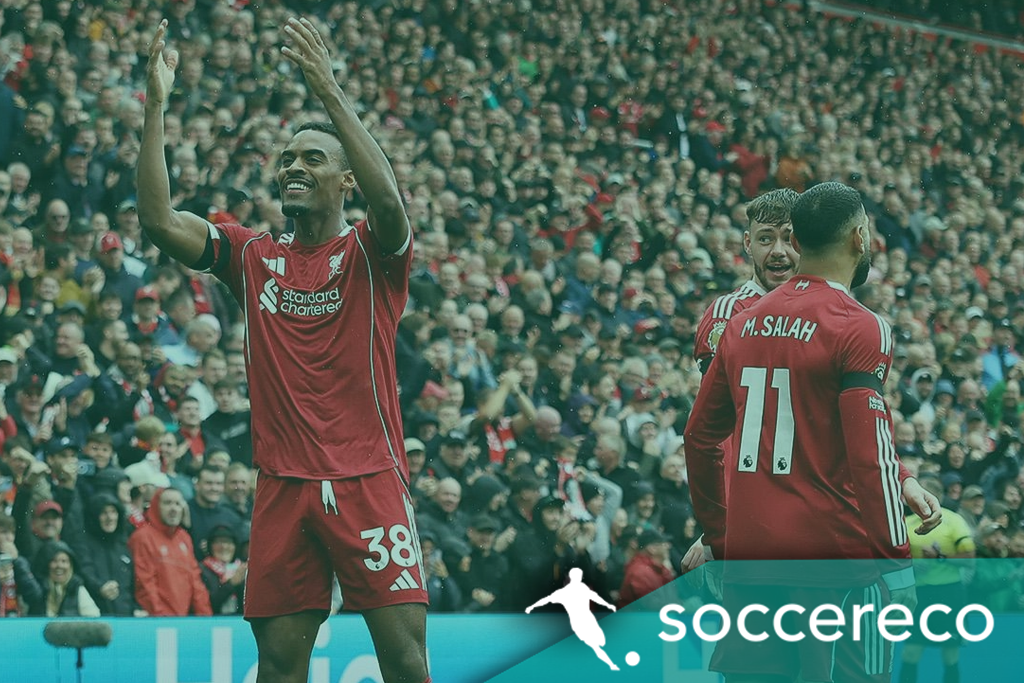Erling Haaland has sounded the alarm over the overcrowded fixture schedule in the current football landscape. However, he brings a different argument than the many injuries that would result from this. According to the Norwegian, the quality of the matches is deteriorating.

Erling Haaland, the prolific striker known for his extraordinary goal-scoring prowess, has voiced significant concerns about the current state of professional football's congested schedule.
His commentary sheds light on a growing issue within the sport the relentless pace of competitive fixtures spanning domestic leagues, cup competitions, European tournaments, and international duty. This exhaustive list has made rest periods for players increasingly scarce, a development Haaland believes is detrimental to the sport's overall quality.
During a press engagement with the Norwegian national team, Haaland expressed his unease with the sheer volume of matches players are expected to compete in, emphasizing that not every player possesses the same capacity for endurance. He pointed out that the problem isn't merely the quantity of the matches but their quality, which inevitably suffers under the weight of such a packed schedule. The notion of players, including himself, maintaining peak performance levels across potentially seventy matches is unrealistic, he argues, especially when considering the physical demands of high-intensity efforts like sprinting over a thousand meters in each game.
Haaland's critique extends beyond personal grievances, touching on broader implications for football management and player welfare. He recounted advice from Pep Guardiola, his coach at Manchester City, highlighting the intense pressure on players to return from brief intermissions in the schedule at full fitness, lest they face further challenges.
Looking ahead, Haaland anticipates the upcoming summer break, a rare hiatus in his relentless professional schedule, with a mix of relief and regret. Norway's absence from the Euros offers him a chance to recharge, a prospect he finds appealing despite his competitive nature and desire to represent his country on Europe's biggest stage. This longing for rest underscores a critical issue in modern football: the balance between the sport's commercial interests and the well-being of its players.
Haaland's candid remarks come at a time when discussions around player welfare, fixture congestion, and the commercialization of football are increasingly prevalent. His perspective, informed by firsthand experience at the highest levels of the game, adds a powerful voice to the debate. It calls for consideration from governing bodies like FIFA to reassess the football calendar, aiming to preserve the quality of the sport while safeguarding the health and longevity of its players. As one of football's brightest talents, Haaland's advocacy for change reflects a growing consensus among players, coaches, and fans alike the need for a more sustainable approach to the beautiful game.









